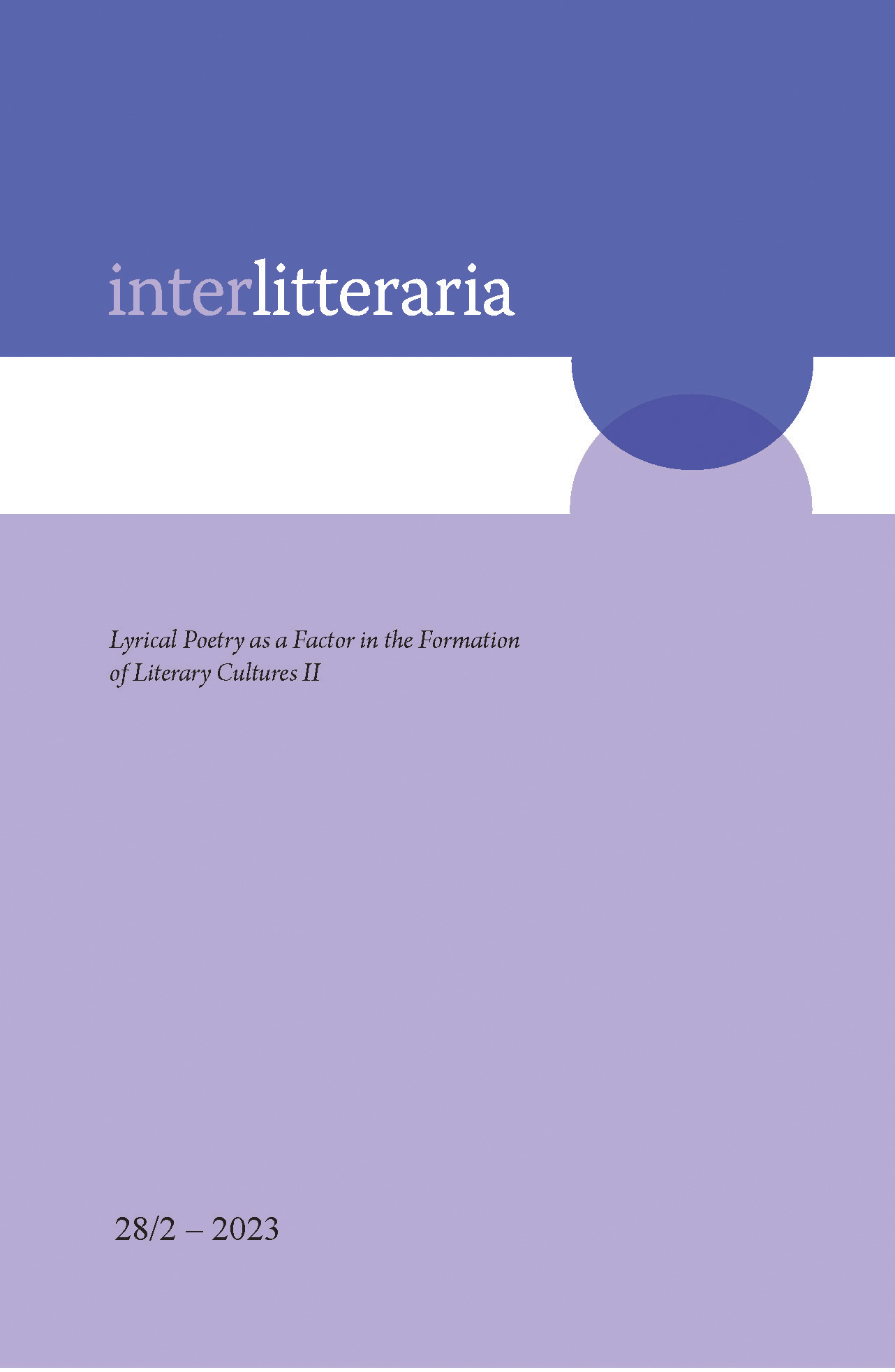The Lithuanianisation of Adam Mickiewicz
DOI:
https://doi.org/10.12697/IL.2023.28.2.10Keywords:
Adam Mickiewicz, nationalism studies, literary canon studies, Lithuanian national movementAbstract
In this article, I analyse the cultural practices applied by Lithuanian interwar intellectuals seeking to Lithuanianise the great Polish romantic poet Adam Mickiewicz. Mickiewicz was born to a family of Polish-speaking nobles in a predominantly Belarusian part of the former Grand Duchy of Lithuania. Because his historically themed works had an impact on the Lithuanian national movement, Lithuanian intellectuals sought ways to attribute Mickiewicz to Lithuanian culture.
Mickiewicz, who wrote in Polish, was a stalwart Polish-Lithuanian patriot. As this was in conflict with ethnocultural Lithuanian nationalism, interwar defenders of Mickiewicz’s attribution to Lithuanian literature looked for additional arguments supporting the poet’s Lithuanianness. In this article, I explore two ways that Mickiewicz was Lithuanianised: through a myth surrounding his ethnic origins and by introducing distortions into Lithuanian translations of the poet’s works.
From the end of the nineteenth century, Lithuanians generally saw their local nobility as ‘Polonised Lithuanians’. This view applied to Mickiewicz as well. Without having any factual evidence to support it, the interwar Lithuanian philosopher Stasys Šalkauskis sought to convince readers that Mickiewicz was descended from the Rimvydas clan. Another means of Lithuanianising Mickiewicz was through ideologically motivated editing and distorting translations of his works into Lithuanian. The most striking example of this was a 1927 anthology of the poet’s works compiled by Lithuanian literary historian Mykolas Biržiška.
Downloads
Downloads
Published
Issue
Section
License
Copyright (c) 2023 Viktorija Šeina

This work is licensed under a Creative Commons Attribution-NonCommercial-NoDerivatives 4.0 International License.
The contents of Interlitteraria are published under CC BY-NC-ND licence.


